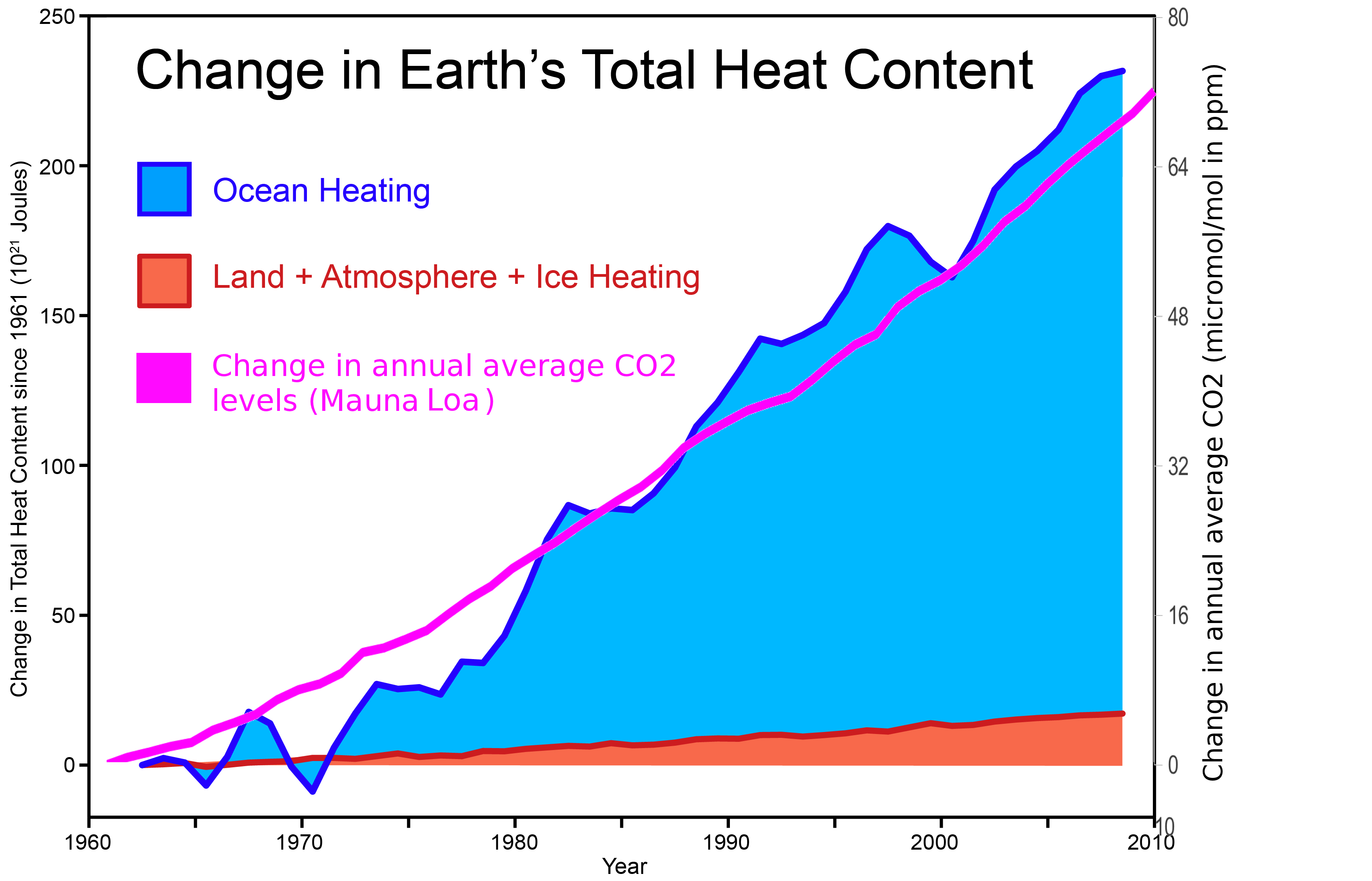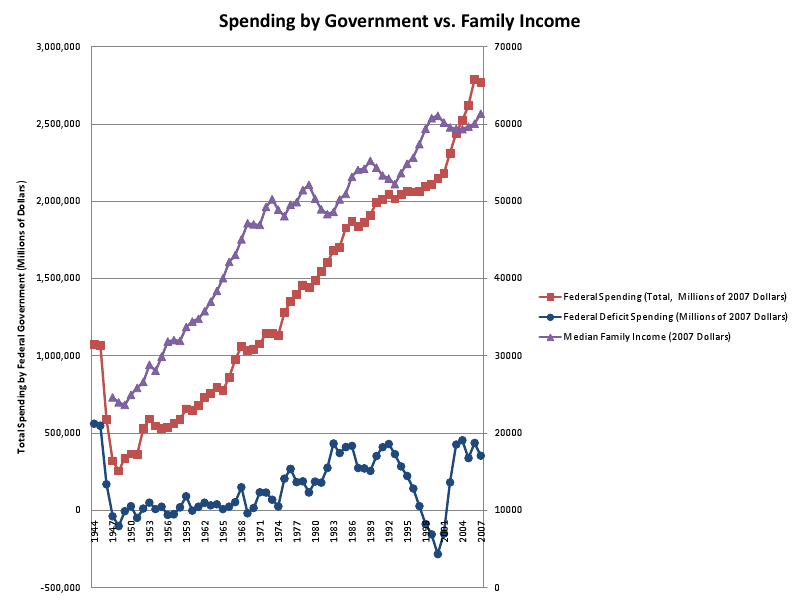There is more to discuss about “Climate-gate.” There is the release of e-mails from the scientists. There are the choices scientists make when faced with data. While no doubt it relieves many climate science detractors that the veil was lifted on climate research, they also should stop to wonder what the release of e-mails means. First off, the mails were not released by the scientists; they were deliberately stolen and put on the Internet. If science is about the integrity of process, then disclosure should also be about process and this specific disclosure should make the hair stand on the back of your neck. While researchers at institutions often give up to the institution their ownership of electronic communications and logbooks, the release of those communications belongs to the institution. It was not the institution that released the mail, but rather some third party intending to do harm to the reputations of the scientists.
The illegal release of material on the Internet requires two critical questions to be asked: should a person be judged on their personal communications which they expected to be private, and what WASN’T in the e-mails?
Let’s tackle the first question. Should a person be judged by things they expected to be private? This is a difficult question; we all have a mask we wear, a public face that hides the seething private underbelly of our natures. How many ill thoughts bubble to the surface in a day, only to be suppressed by the moral actor we know we must be in public? These e-mails are a window into the dark thoughts of scientists. How do you cope with detractors? How do you handle data with which you don’t agree, worry might be flawed, or don’t understand at all? How do you deal with the pressure, not just from your peers or your boss, but from the inconsistent data? Behind the veil, we can deal with these painful issues, distill the results, and then produce the public face of the work for review and presentation.
The second question bears on the first. What isn’t in these mails? The release of documents is usually not a totality; we can’t assume these e-mails represent the whole scientific process. Yes, it seems clear from things in them that the scientists wrestled with the meaning of conflicting data and chose to ignore some of that data. They bad-mouthed their competitors and climate-change deniers. What we don’t know is how final decisions were really made. We don’t know whether there was some face-to-face or phone meeting that went unrecorded, unreflected in the e-mails, where a reasonable approach was distilled from the initial shock at the conflicting data. We don’t know how the journal review of their work proceeded. We may rush to conclusions about the people involved, but cooler heads do prevail and we cannot disregard the whole process because we do not agree with a part of it.
As an example of this, I have over the years seen back-and-forth flame wars in collaboration forums which paint the participants as petty, mean, or ill-intentioned. Yet, in private conversations those same people, who find it so easy to mis-behave in an electronic format, I find them to be reasonable people, aware of the poor quality of their electronic persona, who take reasonable steps to mend the divide and produce a high-quality result. Does their action in the electronic forum cast doubt on their methods? Yes. But, they are not the only persons who make the decision and their work is extensively reviewed. Their behavior in the forum is not the totality of the science, and in the end is only a small blemish on an otherwise fine portfolio of research.
Does this mean the scientists in “Climate-gate” are actually good scientists whose electronic communications belies the depth of their commitment to the truth? I don’t know, and I won’t speak for them. I do know that science is self-correcting and diverse, and climate science is no different from any other line of research. Of course, there is one issue left that bears on the final impact of their choices on the verity of the climate research: what do you do when faced with conflicting data?
In the final part of this essay, I’ll discuss my thoughts on the handling of contradicting data.



